Mandibular advancement device are also called mandibular advancement devices (MADs). They are used to prevent snoring – especially when the annoying noises occur mainly whilst lying on one’s back. This is called tongue-based snoring. In the following we introduce you to the basic idea, effectiveness and side effects of this product category – in addition we will give you a quick comparison of different mandibular advancement devices.
Basic idea
Snoring can have several causes. One of the most common causes is the tongue sliding back into the throat (oropharynx), where the tongue then obstructs the airways. Air turbulence and tissue vibrations cause snoring noises at the resulting constrictions.
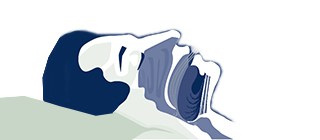
This so-called tongue-based snoring usually occurs in patients whose tongue is particularly large or in whom the tongue does not fit in the traditional place in the mandibular arch (lower jaw). It then protrudes far back into the pharynx (throat).
This is the case, for example, if the patient has a receding chin or if the tissue under the tongue is enlarged (e.g. by so-called lingual tonsils). Another cause is that the tongue muscle simply becomes very slack during sleep and therefore slides far back into the throat.
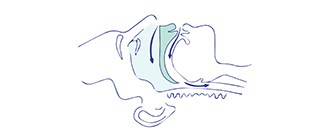
This is where the man can be helpful. It puts the lower jaw under slight tension and pulls it forward (mandibular advancement). This also causes the tongue muscles and the tissue in the lower jaw area to become more toned so that it can no longer slide so far back into the throat, even when completely slack. The airways remain free and there is no snoring noise.
Effectiveness
Mandibular advancement devices can help with both simple, non pathological snoring and pathological snoring (obstructive sleep apnea, OSAS). However, snoring mouthpieces should only be used for mild-to-moderate forms of sleep apnea. There are numerous studies, which have tested the effectiveness of different mandibular advancement devices on people suffering from OSAS.
That the snoring mandibular advancement device is a particularly effective anti snoring device for certain persons or groups of persons cannot be unequivocally stated. In general, however, the use of a mandibular advancement device has proven to be more successful in women, persons with position-dependent OSAS (where the sinking tongue base is the trigger for snoring or apnea) and persons with a smaller neck circumference. The neck circumference is used here as an indicator of body weight.
The Mandibular advancement device is more effective in younger and more slender people, than in patients with a body mass index (BMI) of more than 30 or in persons older than 50. It is assumed that muscle tone generally decreases after this age and that the tension effect of the mandibular advancement devicee is no longer sufficient to compensate for this.
Side effects
About 70% of people who wear Mandibular advancement device as snoring aids experience short-term side effects such as muscle pain in the jaw, a dry mouth, increased salivation and changes in bite position. Even if pathological changes of the bite are very rare, regular dental check-ups at intervals of about six months are recommended.
In most cases, the side effects subside after a period of about four weeks. In about 30% of patients, however, they last longer.
Mandibular advancement device should not be used if you are missing more than 8 teeth per jaw (upper and lower), suffer from bacterial inflammation of the periodontium (periodontitis), have active caries or diseases of the temporomandibular joint.
If you would like to learn more about the different models and technical approaches, read on here.
Mandibular advancement device (MAD) purchasing guide
Advises you what you should pay attention to when buying a mandibular advancement device (MAD). We present different models and technical approaches here.
Mandibular advancement device comparison
All our mandibular advancement devices compared based on comfort, application, cleaning and much more.

Medical Doctor, Berlin
Jan Wrede works as a medical doctor in Berlin. He studied medicine at FAU University in Erlangen-Nuremberg and Semmelweis University in Budapest. He had already written numerous scientific articles during his studies, especially on the subject of snoring.



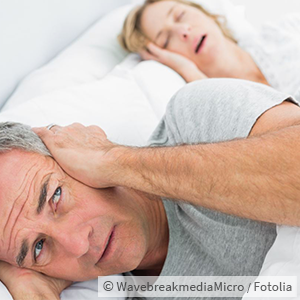
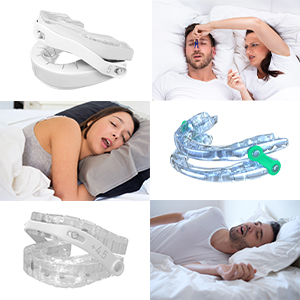
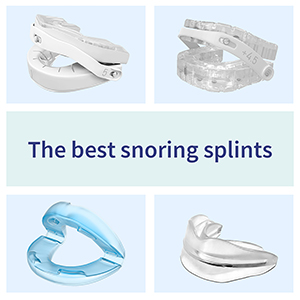


 Welcome to SomniShop
Welcome to SomniShop